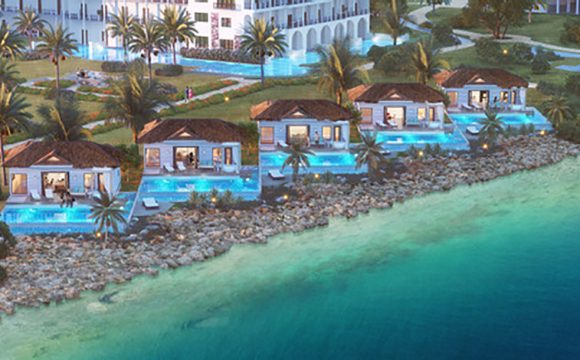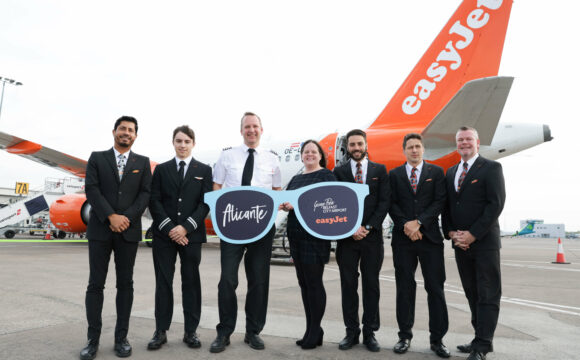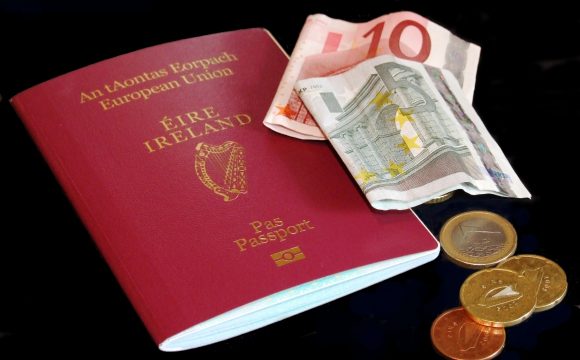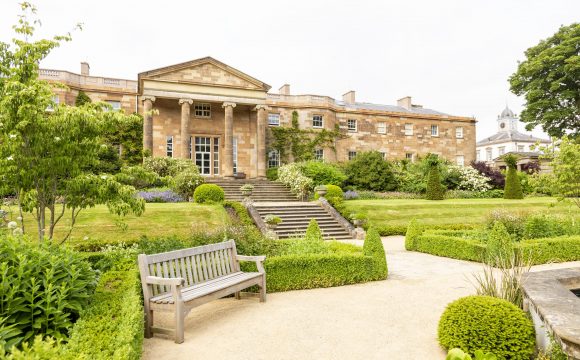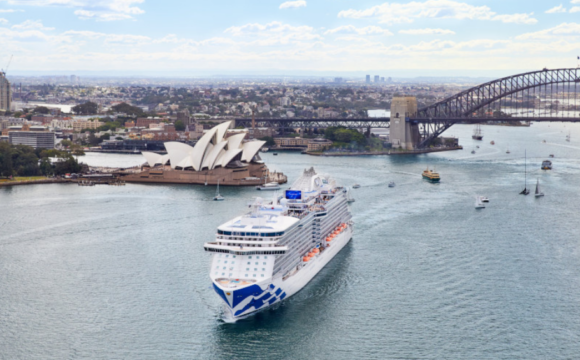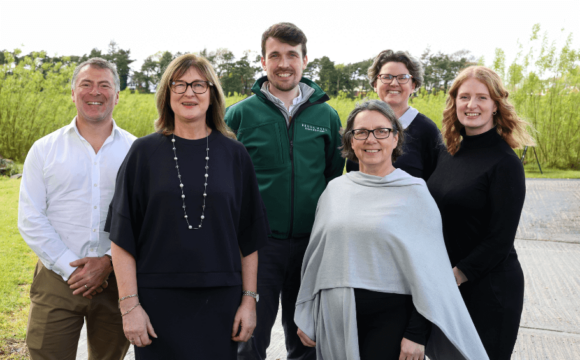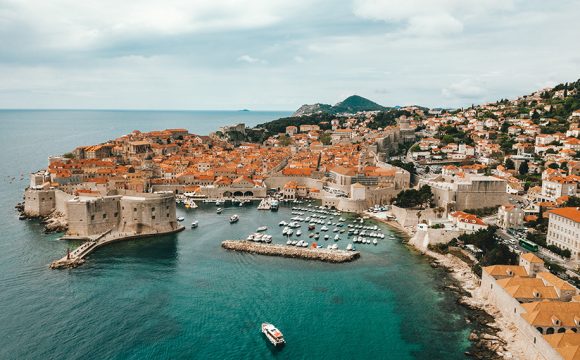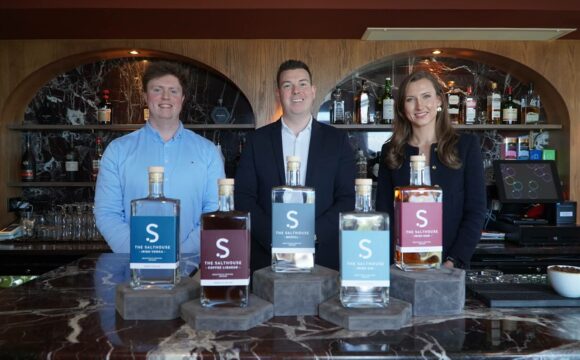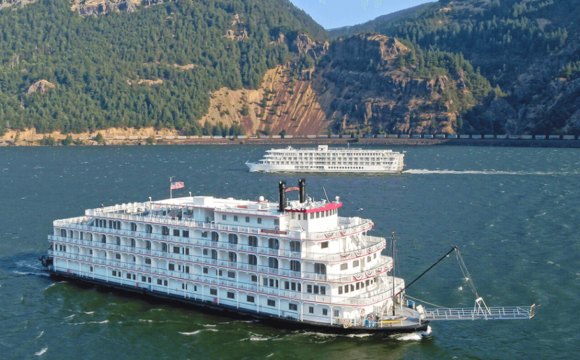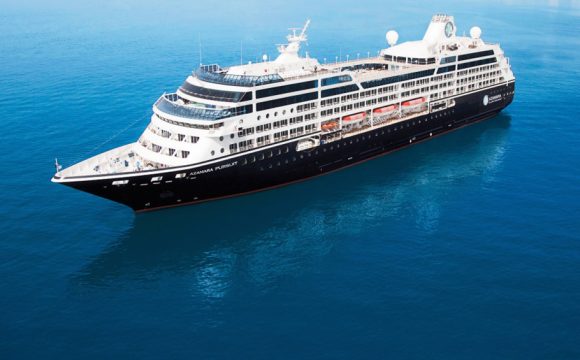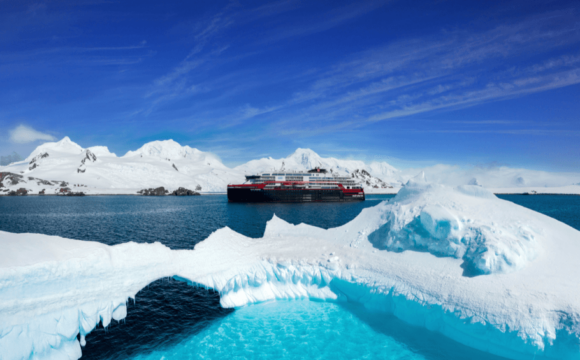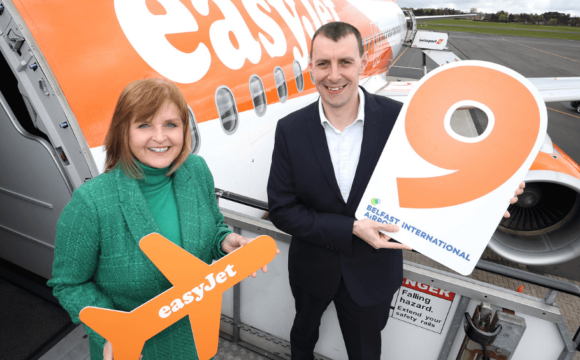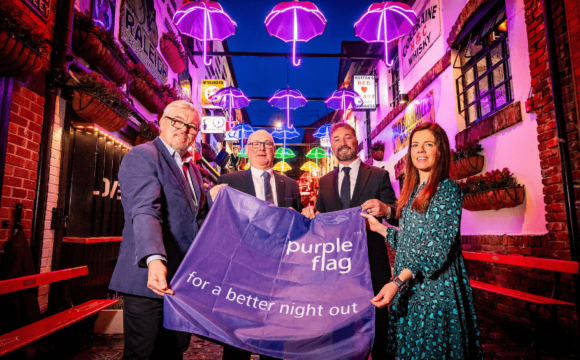The German environmental organisation NABU has ranked Havila Voyages at the top of its cruise ranking for 2023, based on the company’s efforts towards sustainable solutions and reduced carbon emissions. “We do not need to build new ships to succeed in our zero-emission goals,” says CEO Bent Martini.
In recent years, NABU has been ranking global cruise companies based on their efforts towards a greener industry. Havila Voyages was included in the ranking for the first time in 2023 and went straight to the top on its first attempt.
“It’s always nice to receive recognition from environmental organisations for the work we do, and this is no exception. It shows that our focus on climate, environment, and sustainability is right and, most importantly, important,” says CEO Bent Martini of Havila Voyages.
NABU points out that the cruise industry still has a long way to go, but the ranking also shows that the right steps have been taken. Last year’s top-ranked company only achieved 50% of the achievable points, while this year Havila Voyages can boast a score of nearly 65%.
“We appreciate that we finally caught NABU’s attention and that we are included in this year’s ranking. Honestly, we believe that we were overlooked in last year’s ranking, and this year we had some expectations that we would score high,” says Martini.
Choosing the right biogas
NABU is skeptical about liquefied natural gas (LNG) as an interim solution and biogas as a measure for climate neutrality. NABU emphasizes that biogas must be produced solely from waste products, and, among other things, no palm oil should end up in future biogas tanks.
“We respect NABU’s stance on LNG, but for our part, the use of LNG is the right choice now. Among other reasons, it is because we reduce local emissions of NOx and SOx by over 90%, and our hybrid function with LNG and large battery packs reduces our CO2 emissions by over 35% compared to ships running on traditional fossil fuels,” says Martini.
“Regarding biogas, we have been very clear that we only want to use biogas produced in Norway, which is generated from waste products, such as those from the seafood industry or agriculture. This ensures the right type of biogas, as NABU points out is the right way to go.”
Havila Voyages` stated goal is to achieve climate neutrality for its fleet by 2028 and zero emissions by 2030. “We could be climate neutral today by using biogas without making a single change to our ships, but availability and price are challenges,” Martini explains.
“Our plan for 2030 is to use an emissions-free fuel alternative, with hydrogen currently appearing to be the best solution for us. It will require some minor modifications to our ships. In plain terms, it means that we do not need to build new ships to succeed in our zero-emission goals. In that regard, we are probably quite unique today – not only in Norway but also worldwide,” Martini concludes.


